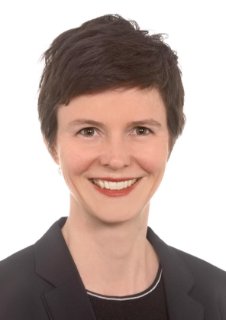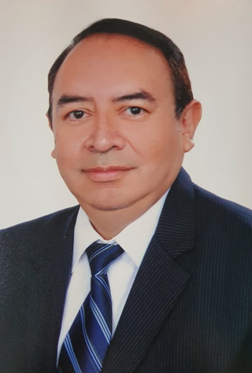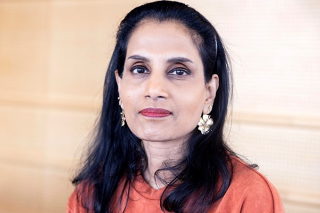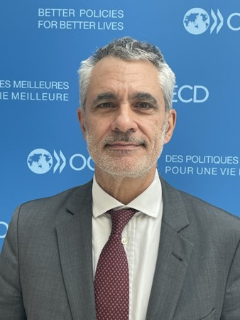Description
While the importance of immigrant integration is widely acknowledged, defining and measuring integration remains complex. Integration is shaped by many interrelated factors, making it difficult to draw direct links between policies and outcomes. In response, many countries have developed national systems to monitor progress. At the international level, the EU and OECD have worked together to track the integration of immigrants and their descendants through the “Settling In” indicators, which recently expanded to Latin America in partnership with the IDB and UNDP.
Labour market integration is one aspect for which measurement is more easily accessible. In many countries, it can be assessed through labour force surveys. Nonetheless, challenges persist. Despite generally having high labour force participation rates, immigrants are frequently employed in jobs below their qualification level. This is especially true among those who earned their qualifications abroad, and measuring skills—as opposed to formal qualifications—is a challenge. Language proficiency, which plays a crucial role in enabling skill transfer and broader integration, is also difficult to assess through standard survey tools.
Beyond employment, there is growing recognition of the importance of social integration. This generally refers to non-economic aspects of integration such as identity and sense of belonging, discrimination, intergroup interactions and networks, attitudes and values, and civic participation. A growing number of countries have developed targeted surveys to monitor the integration of immigrants, often with a particular focus on key groups or topics.
This plenary session will discuss experiences in measuring and monitoring the economic and social integration of migrants. Speakers will delve into the main findings from their work, the challenges of studying a population group that is inherently difficult to reach, and how recent advances in measuring migrant integration and inclusion have impacted policy.
Moderator: Stefano Scarpetta, Director for Employment, Labour, and Social Affairs, OECD
Introductory Remarks: Mats Persson, Minister for Employment and Integration, Sweden
Speakers:
- Ruvendrini Menikdiwela, Assistant High Commissioner for Protection, UNHCR
- Gunilla Fincke, Director-General, German Federal Ministry of Labour and Social Affairs
- Peter Abad Altamirano, Deputy Head of Statistics, National Institute of Statistics and Informatics, Peru





